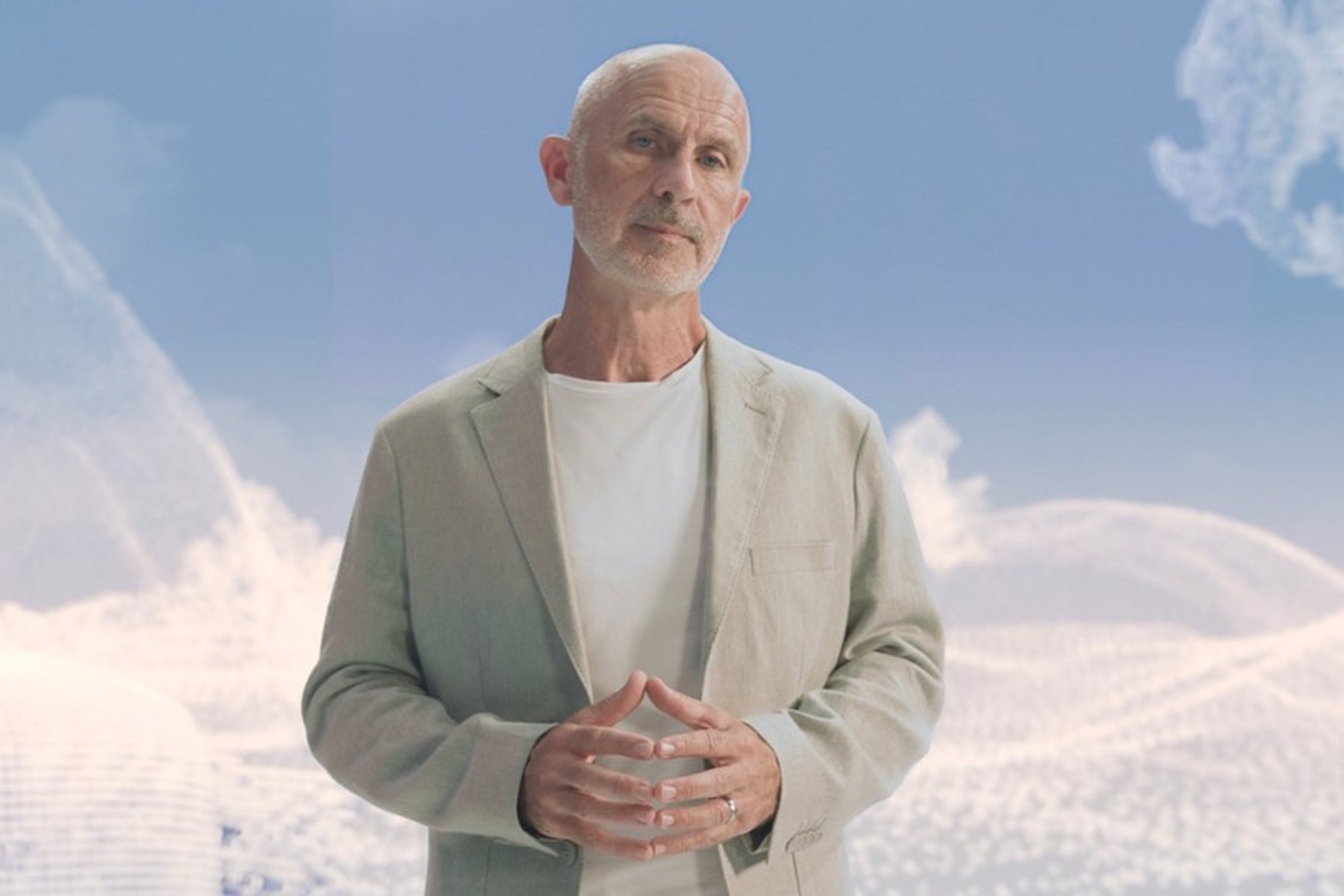Volvo Cars Global CEO warns against e-fuel “distraction” and wasted investment
There’s pressure on lawmakers to make exemptions on bans of sales of new petrol and diesel vehicles and make allowances for ‘e-fuels’.

Volvo Cars Global CEO Jim Rowan has urged governments, rival carmakers and fuel providers to think carefully before channelling investment into e-fuels. He thinks it’s a waste of money and energy to use e-fuels for cars, given the global investment required in EV infrastructure.
E-fuels – short for electrofuels – are a group of synthetic liquid fuels, a blend of carbon dioxide and hydrogen. They are considered closer to carbon neutral if the power used to create the fuel – e.g. extract carbon from the air and produce hydrogen from water via a process called electrolysis – is renewable.
But it requires a huge amount of power. Cars using e-fuels would require much more up to five times more power than those running on batteries.
It’s basically a distraction factor and a use of investment that could go into electric infrastructure … and the drive towards a zero emissions economy. So that is my objection
Despite that, some carmakers are keen to use e-fuels (Porsche, for example, is investing in e-fuel plants in Chile and Tasmania). That’s because they offer a route to keep producing internal combustion engines as regulators around the world move to effectively ban sales of new petrol and diesel cars via climate policies. In the EU, that ban is slated for 2035, likewise California. In the UK, it’s 2030.
Volvo Cars has committed to only sell electric vehicles by 2030 globally, and by 2026 in Australia. Other carmakers have varying degrees of commitment, though most are moving toward majority electrification.
However, EU lawmakers have drafted a plan that could, if agreed, give carmakers scope to keep making ICE vehicles after 2035.
It comes after Germany, Europe’s biggest carmaker with €410.9bn (AU$666bn) in total automotive industry revenues in 2021, threw a spanner in the works days before the 2035 ban legislation was due to be passed into law. It wants to be allowed to keep producing and selling internal combustion engine vehicles – provided they use e-fuels.
Volvo Cars CEO Jim Rowan thinks any carve out is a bad idea. He said pooling investment in EV infrastructure is a smarter use of collective resource. Diverting funds to e-fuel infrastructure, he warned, may end up making decarbonisation more expensive.
E-fuels, said Rowan, “are a distraction, the world is moving to electrification”. Speaking to analysts via the firm’s latest quarterly earnings call, he suggested using e-fuels to power cars is also a waste of energy.
“Internal combustion engines are [at best] 35 per cent efficient, regardless of fuel, versus 90 per cent-plus efficiencies using electric motors.”
“What happens to older cars? Will all cars be able to run on e-fuels? Will all garages have to have e-fuels [as well as petrol and diesel for older cars, as well as EV charging points]? It becomes massively complex,” said Rowan.
“It’s basically a distraction factor and a use of investment that could go into electric infrastructure … and the drive towards a zero emissions economy. So that is my objection,” he added. “It is investment in old technology.”
Experts believe that e-fuels, if they can be produced at scale, may be more suited to replacing fossil fuels within shipping and aviation. But scientists say the vast quantities of renewable power required to produce them poses a major challenge.